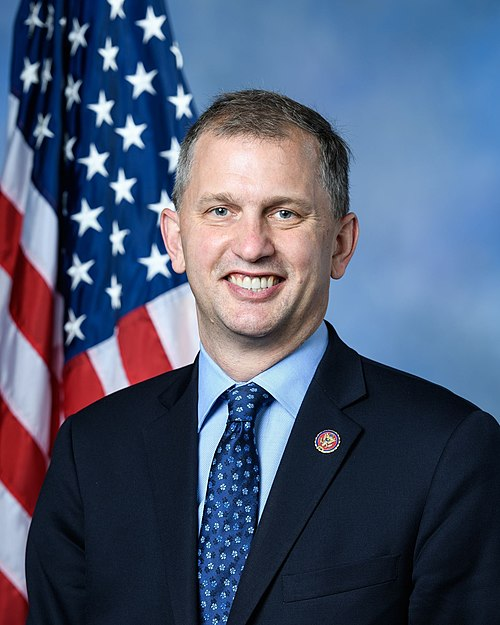H.R. 4394: the Compliant Operations of Decentralized Entities Act of 2025
The "Compliant Operations of Decentralized Entities Act of 2025" (also referred to as the CODE Act of 2025) is a legislative proposal aimed at enhancing the regulatory framework surrounding decentralized finance (DeFi) services. The act primarily focuses on anti-money laundering (AML) measures and aims to improve compliance within the rapidly evolving world of digital finance.
Key Provisions
- Public-Private Partnership Program: The bill mandates the Secretary of the Treasury to create a public-private partnership program within six months of its enactment. This program will involve collaboration with decentralized finance services and risk management experts to:
- Focus on decentralized finance applications and user interfaces.
- Integrate AML measures, identity verification, sanctions compliance, and cybersecurity controls into decentralized smart contracts before they are deployed on public blockchains.
- Test the effectiveness of these controls within decentralized smart contracts.
- Establish a regulatory mechanism that allows for external data inputs to adjust smart contract behaviors post-deployment.
- Provide recommendations for legislation and regulation related to integrated compliance mechanisms for DeFi services.
- Exclusions: Participants in the public-private partnership will be prohibited from including any decentralized finance services that are owned or controlled by individuals classified as "covered persons," which can include government officials and their family members.
- Advisory Publication: Within 18 months of the bill’s enactment, the Financial Crimes Enforcement Network (FinCEN) is required to publish an advisory. This advisory will focus on the responsible development and operation of decentralized finance services, ensuring stronger compliance with existing legal frameworks like the Bank Secrecy Act.
- Rulemaking for Bank Secrecy Act Compliance: The Secretary of the Treasury must issue rules within 30 months to:
- Define terms such as "decentralized finance service" and "decentralized smart contract."
- Require decentralized finance services to implement risk-based AML programs and sanctions compliance programs in line with the Bank Secrecy Act.
Definitions Included in the Bill
- Decentralized Finance Service: Refers to protocols and applications facilitating the exchange of digital assets using decentralized smart contracts on public blockchain networks. This can include various platforms such as peer-to-peer trading, digital asset lending protocols, and cross-chain bridges.
- Decentralized Smart Contract: A digital contract on a public blockchain that automatically executes certain actions when conditions are met.
- Covered Person: Includes high-ranking government officials like the President, Vice President, Members of Congress, and their immediate family members.
Interagency Coordination and Sunset Clause
The Secretary of the Treasury must coordinate with other relevant agencies to ensure the implementation of the public-private partnership recommendations. The partnership program itself is set to terminate 18 months post-enactment, enabling timely reassessment of its effectiveness and relevance.
Relevant Companies
- COIN - Coinbase: As a major player in the cryptocurrency exchange space, Coinbase may need to adjust its compliance processes to align with any new regulations established under this bill.
- BNB - Binance: This global cryptocurrency exchange may be significantly impacted by new AML requirements, affecting its operations and compliance framework.
- ETH - Ethereum: As a leading platform for decentralized finance applications, Ethereum's decentralized applications could face new regulatory challenges related to integrated compliance.
This is an AI-generated summary of the bill text. There may be mistakes.
Sponsors
1 sponsor
Actions
2 actions
| Date | Action |
|---|---|
| Jul. 15, 2025 | Introduced in House |
| Jul. 15, 2025 | Referred to the House Committee on Financial Services. |
Corporate Lobbying
0 companies lobbying
None found.
* Note that there can be significant delays in lobbying disclosures, and our data may be incomplete.







